The sky in Beijing is now often blue, sometimes dotted with white clouds. The air is crisp and clear.
As the city has just hosted the Winter Olympics and prepares to stage the Winter Paralympics, which start on Friday, the capital's greatly improved air quality has been a boon for residents.
Many of my neighbors, friends and colleagues have said they sincerely hope that the good air can be sustained. Knowing that I concentrate on environmental reporting, some of them asked me if this is possible. In turn, I gave them a highly optimistic reply.
There are reasons to be hopeful, including the huge achievements Beijing has made in controlling air pollution and also the ongoing transformation of the energy mix in the Greater Beijing area and beyond.
For years, authorities in the Beijing-Tianjin-Hebei province cluster have rolled out a series of measures to control air pollutants. For example, millions of rural families have shifted from using coal to other forms of energy that cause far fewer emissions.
An ultra-low emissions transformation has been witnessed at many plants in smokestack industries. Efforts have also been made to control dust in the air and to phase out outdated vehicles.
Such measures have been effective. In 2013, the first year that PM2.5 particulate matter was monitored in Beijing, the annual average density of air pollutants in the city was 89.5 micrograms per cubic meter. Last year, the average PM2.5 concentration in the capital dropped to 33 mcg per cubic m.
However, it is increasingly difficult for the city to see further improvement. To a large extent, the Beijing-Tianjin-Hebei cluster has taken almost all the measures to control air pollution that are easy to carry out, but these measures have yet address pollution at source.
There are still many problems that jeopardize air quality in the cluster. Its energy mix, which still relies heavily on fossil fuels, means that emissions remain high and that smog may occur any time during unfavorable weather conditions.
If it was only these problems that were considered, I would be pessimistic about further air improvement in Beijing. But the efforts the city has made in hosting a green, low-carbon Games have given me a ray of hope.
The flexible direct current power grid supplying all event venues with renewable energy from Hebei will continue to play its role in bringing clean power to the capital and other areas of the Beijing-Tianjin-Hebei cluster. This grid is expected to result in one-tenth of electricity consumption in Beijing being green.
A low-carbon transition in the cluster's energy mix, accelerated due to the Games, means that air pollutants from the consumption of fossil energy will be greatly reduced.
Hebei is not the only area near Beijing with rich renewable energy resources. For example, heavily populated areas of the Inner Mongolia autonomous region also boast rich wind and solar resources. As a result, there is still potential to further tap the increased green power supply to the cluster.
As China forges vigorously ahead with its climate targets, I don't think it will be long before heavy air pollution in Beijing is completely eradicated.








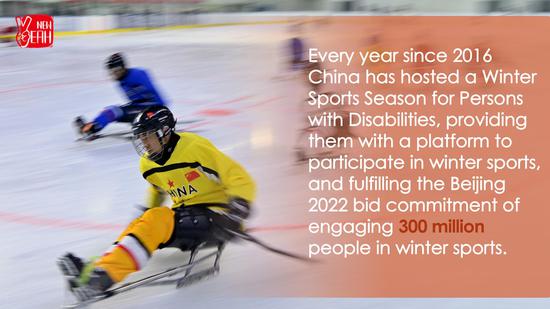
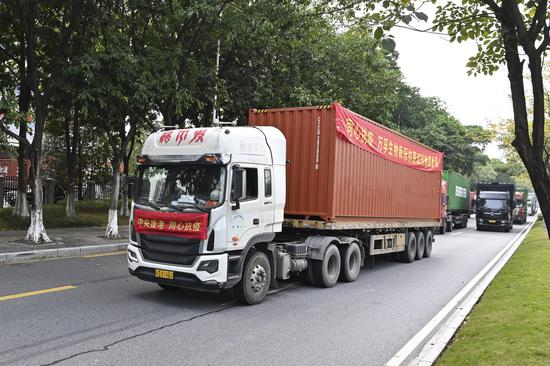
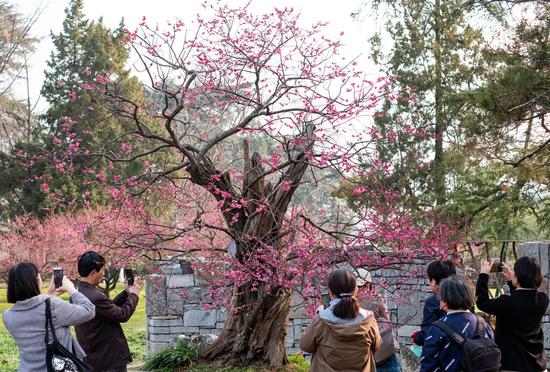


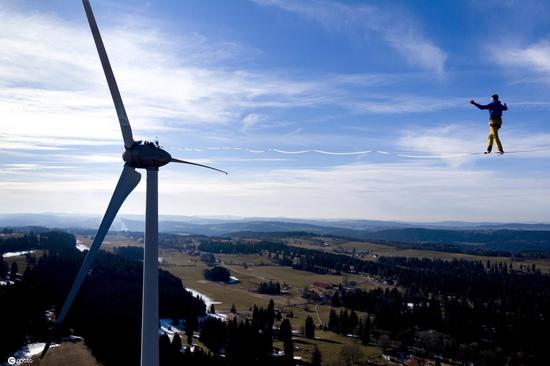
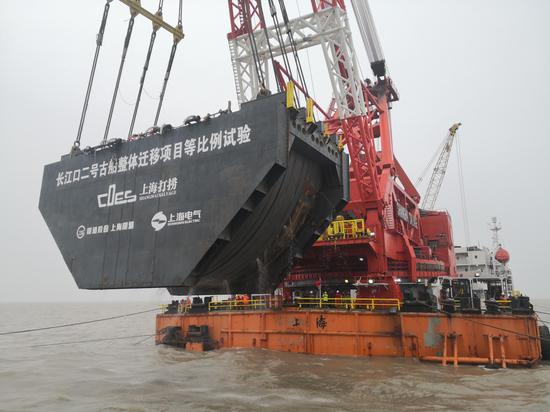
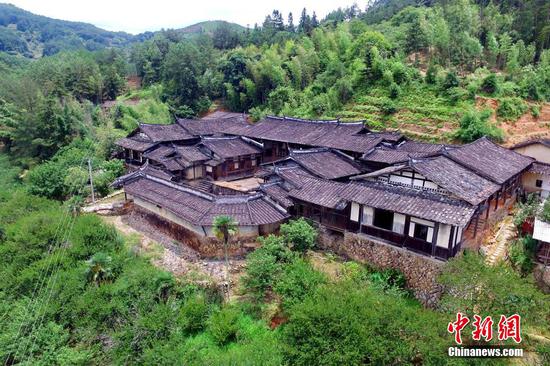
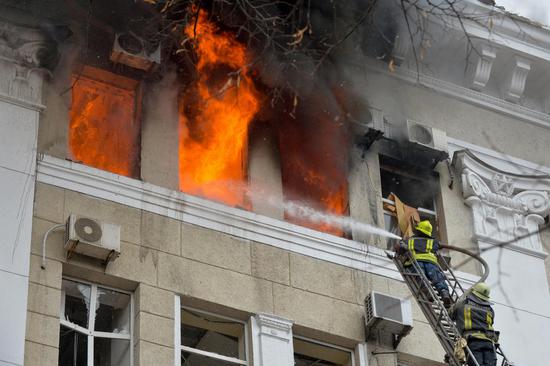


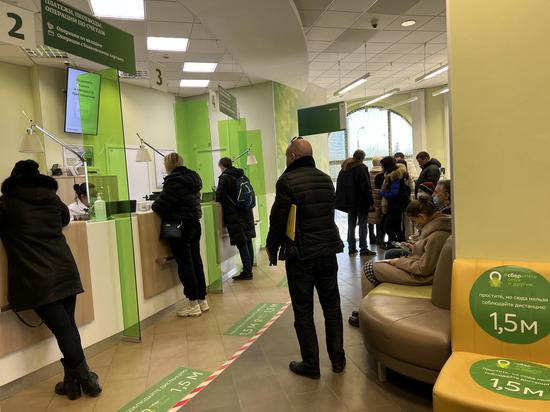

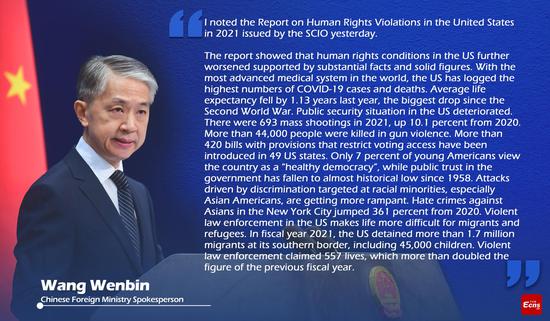
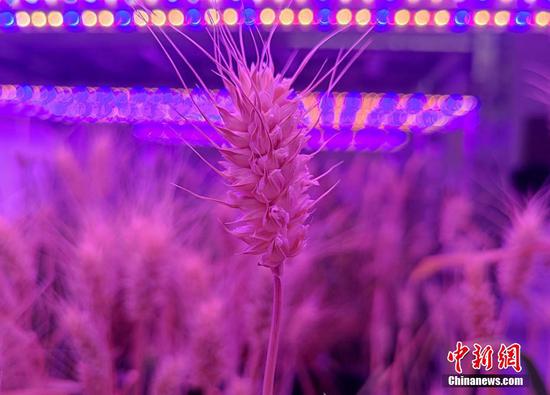

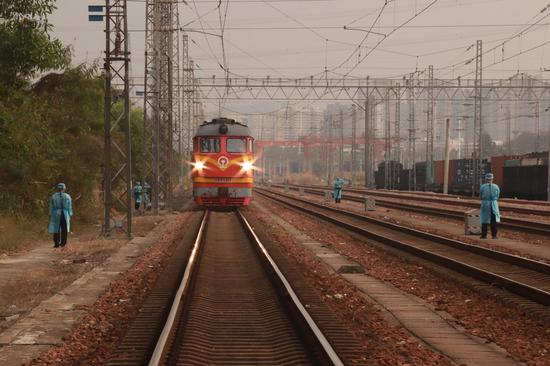
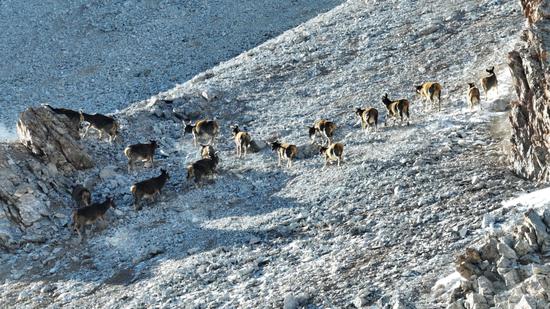
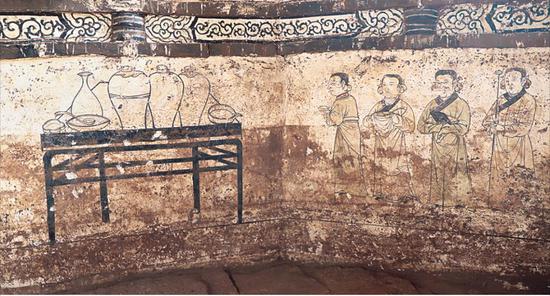
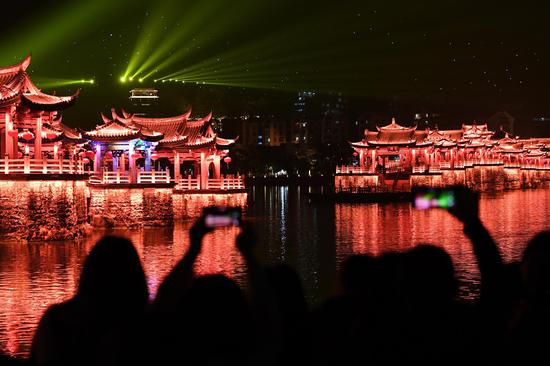
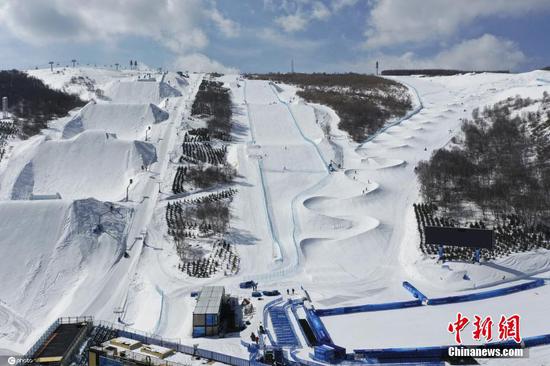
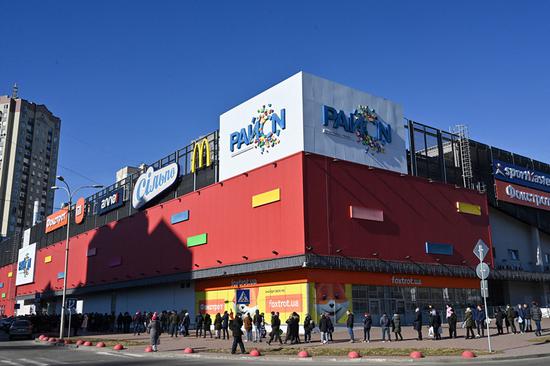
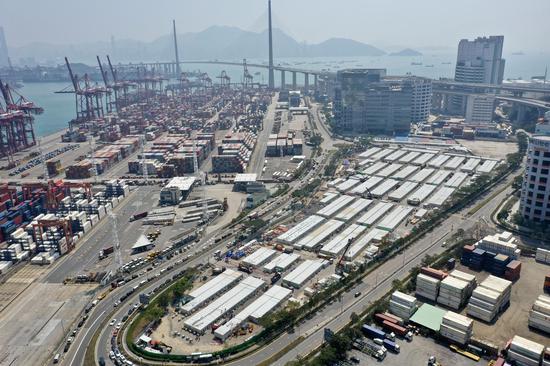
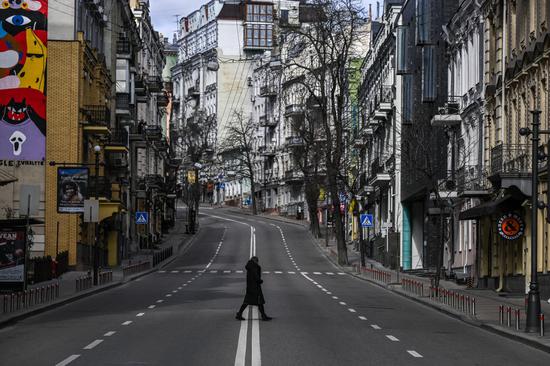
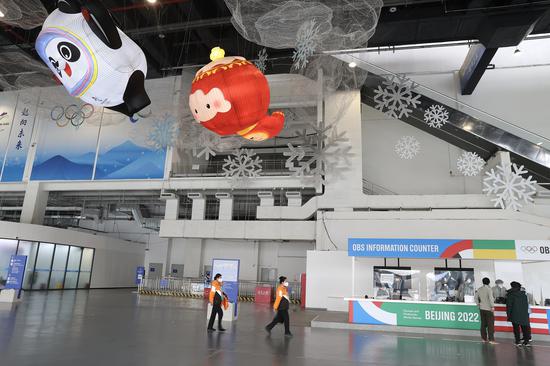
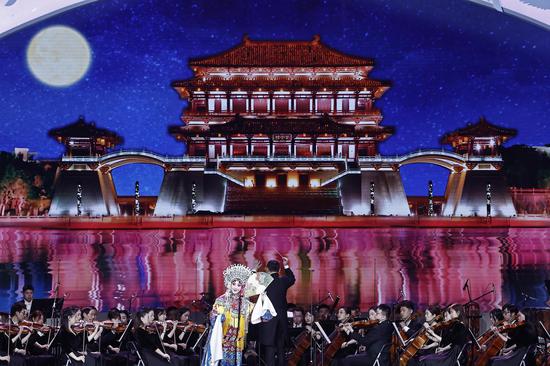
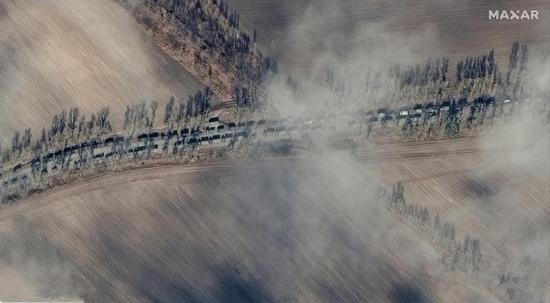
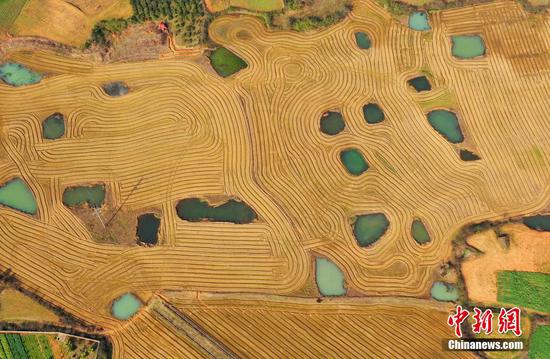
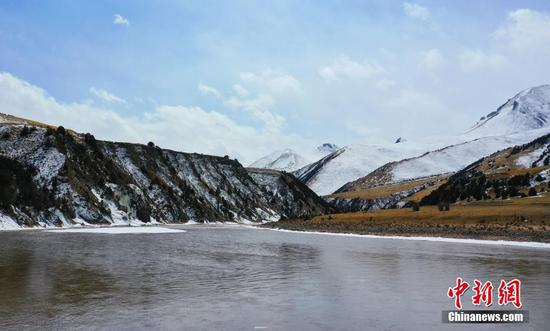
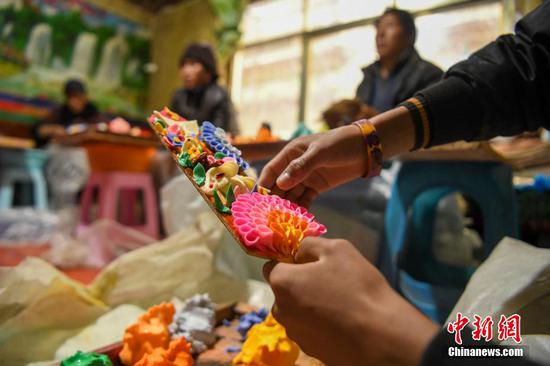

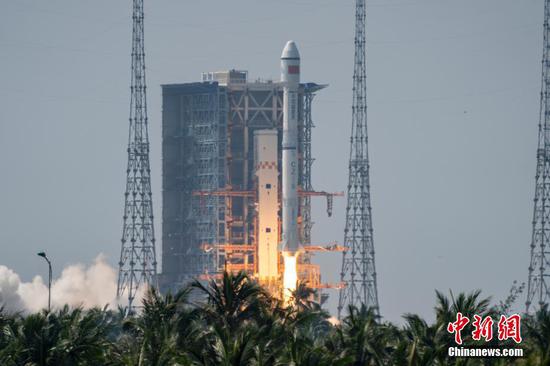
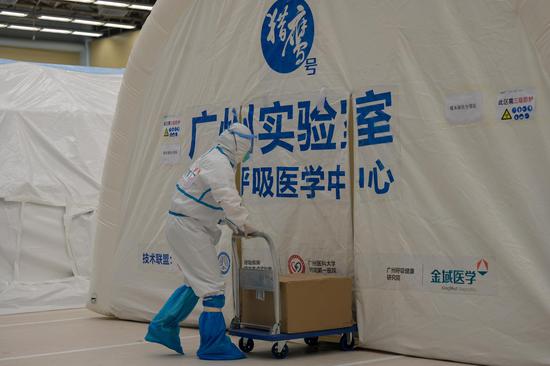
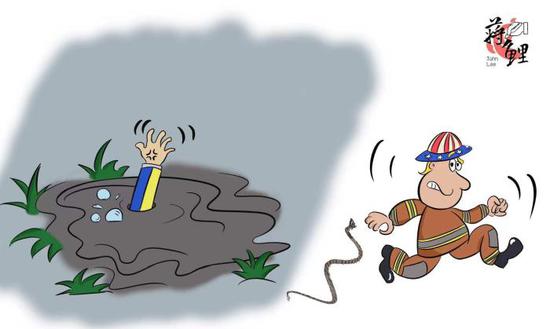

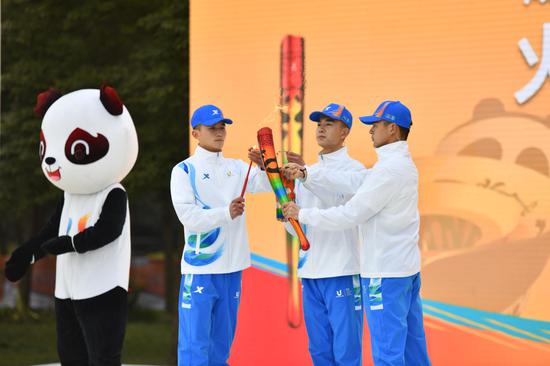
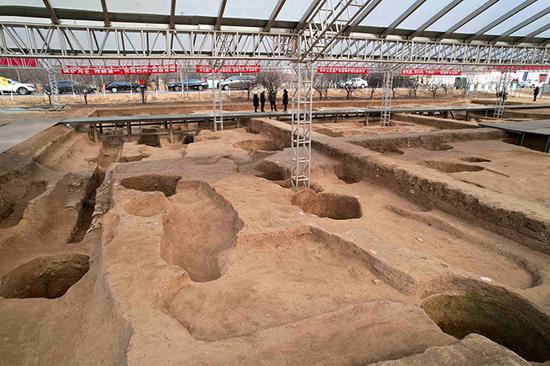





 京公網安備 11010202009201號
京公網安備 11010202009201號